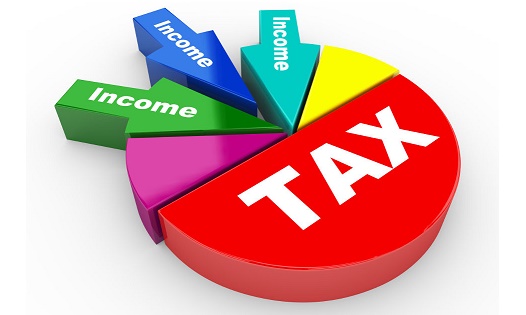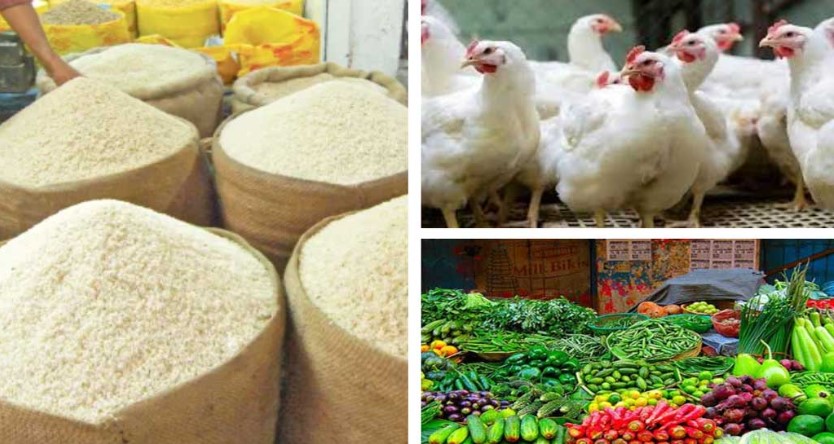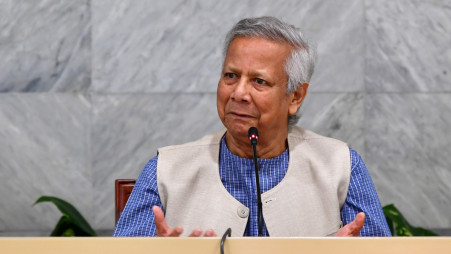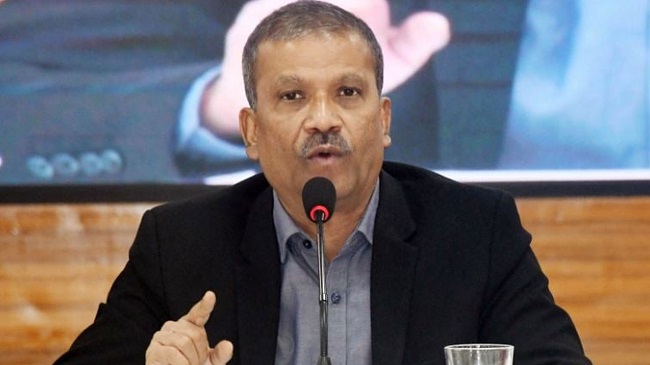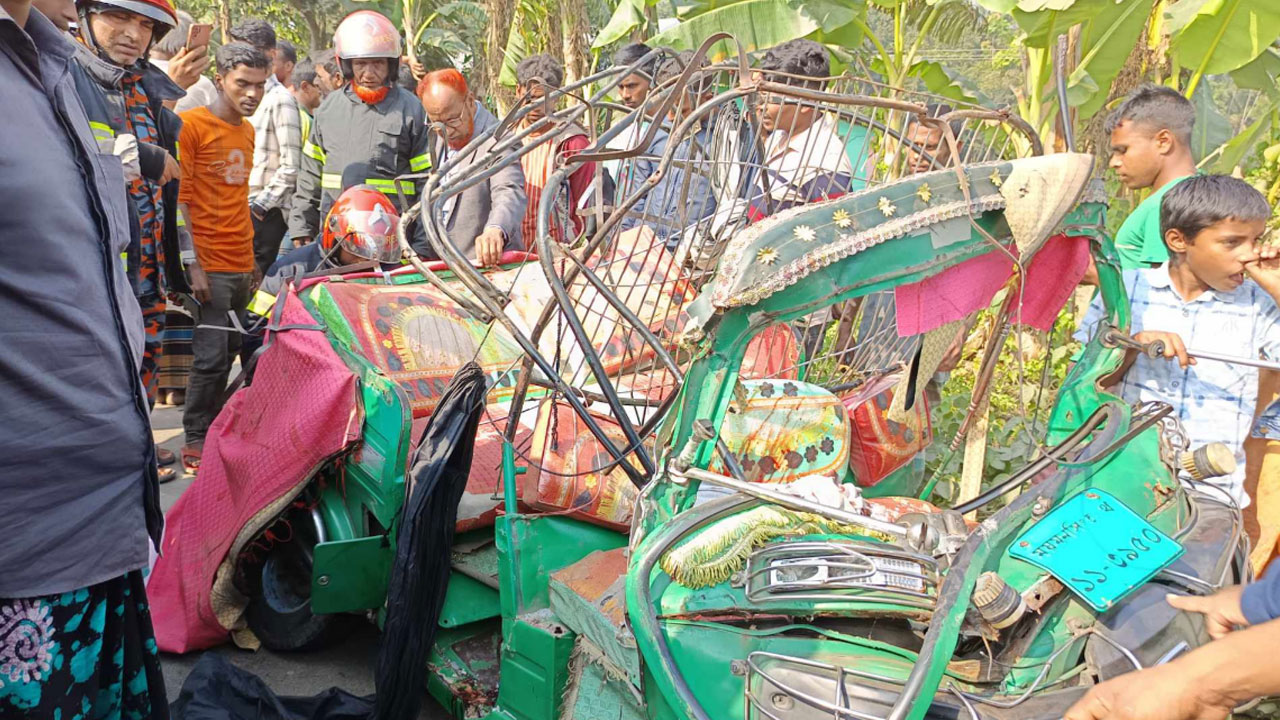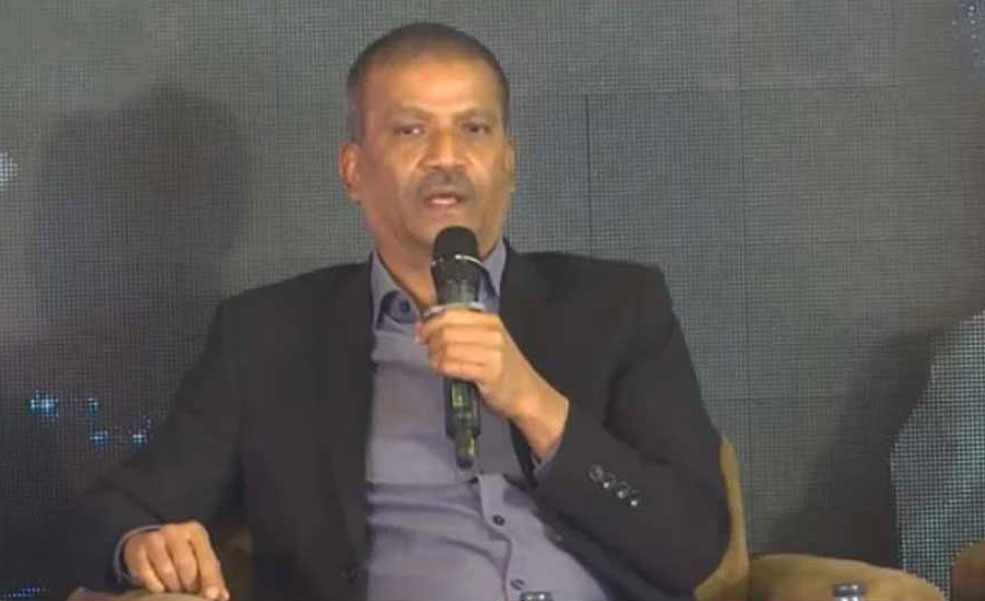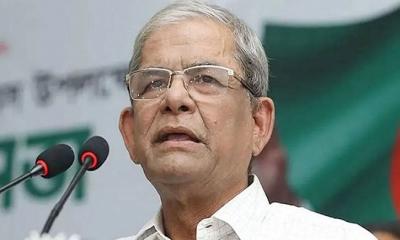In the middle of the pandemic, the government should continue providing support to businessmen and refrain from imposing new tax, economists say.
The National Board of Revenue should be strengthened so it collects more revenue, prevents trade-based money laundering and imposes wealth tax. The introduction of electronic tax reduction system and tax automation will also help broaden the scope of tax collection, they suggest.
The NBR is far from achieving the revenue target in the first six months of the ongoing fiscal year, said Muntaseer Kamal, senior research associate of the Centre for Policy Dialogue, in a discussion organised on Wednesday by the NBR ahead of preparing the national budget for fiscal 2021-22.
The reasons behind the regulatory body falling short of the target are a reduction in corporate tax rates, tax exemption in imports of personal protective equipment and other essentials, and providing tax holiday benefits to some manufacturing industries.
To help the economy rebound, the government should continue the privileges, speakers said at the discussion.
The CPD said the tax-GDP ratio would rise if the NBR stopped money laundering and tax evasion. That is possible if the Transfer Pricing Cell of the NBR becomes stronger.
According to different international and local research organisations, on average $1,000 crore are syphoned out of the country every year.
On different occasions, Washington-based research organisation Global Financial Integrity and Transparency International Bangladesh said at least $12,000 crore had been laundered from Bangladesh over the last 15 years.
The cases that have drawn attention of the court are mostly trade-based money laundering.
While importing products, importers show higher prices for cheaper items, keeping the excess money outside the country. Similarly, in exports lower prices are shown for pricey items not to transfer the whole amount back to the country.
The NBR terms the processes over- and under-invoicing.
The CPD also said the opportunity to whiten untaxed money should not be extended.
People are allowed to invest untaxed money by giving a 10% tax without a question asked about the source of money, and that is not only creating an unequal competition in the market but also discouraging honest taxpayers.
The think-tank also insisted on ensuring submission of tax returns by 50 lakh taxpayers having electronic tax identification numbers (e-TIN) and introduction of an electronic tax deduction system to stop tax evasion.
Professor Mustafizur Rahman, distinguished fellow of the CPD, told The Business Standard that at a time when the private sector's growth had been suppressed because of the pandemic, they should not be pressurised into paying more tax.
Industries should be able to function in a business-friendly environment, Mustafizur said.
The government should not reduce expenditure but money should be used wisely, he said, emphasising the need for completion of priority projects on time without any wastage of funds and generation of labour-intense employment.
Dr Ahsan H Mansur, executive director of Policy Research Institute, said the government would have to chalk up a plan to rejuvenate the economy, rather than going for fresh taxation.
Increasing revenue collection is a very challenging task. What the NBR now needs to do is strengthen its base by making the revenue collection process online as well as by reining in tax evasion.
The revenue board should also focus on stopping capital flight, Ahsan pointed out in a written statement.
The government would have to find new ways to increase revenue collection. There will be new challenges after the LDC graduation, when Bangladesh will have to offer tariff facilities to other countries too, leading to a fall in revenue collection.
So, necessary preparations should start from now on, the economist said.
PricewaterhouseCoopers (PwC) Bangladesh, a global think tank, suggested some reforms in the revenue structure.
Mamun Rashaid, managing partner of the PwC, Bangladesh, said his organisation had talked to at least 200 companies and their main concern was operational expenses.
In the last budget, the government allowed businesses to spend up to 0.5% of the total turnover in promoting products, tax free. The NBR made the same rule applicable to royalty and technical expenses.
Mamun proposed that the provision in the tax law be changed considering the huge investment the manufacturing sector has to make in market researches and promotional activities.
There is no alternative to increasing investment for further national growth, he said.
On behalf of the PwC, its Director Kapil Basu recommended amendments to the tax law.
The law has no provision obliging foreign organisations, which work in Bangladesh on


